There's nothing more unpleasant than a musty, lingering smell coming from under your kitchen sink. Not only does it make your cooking experience less enjoyable, but it can also be a sign of underlying issues that need to be addressed. So, what are the common causes of a smelly kitchen sink? Let's take a look. One of the most common culprits is food debris and buildup in the sink drain. Over time, food particles can get trapped in the pipes, leading to a foul odor. Another possible cause is a clogged garbage disposal, which can also contribute to the buildup of food waste and odors. In some cases, the smell may be coming from a leak in the plumbing. This can be caused by a cracked pipe or a faulty seal, allowing water to accumulate and create a musty smell. Lastly, if you have a septic tank, it's possible that the odor is coming from a backup in the system.1. Causes of a Smelly Kitchen Sink
Now that you know some of the common causes of a smelly kitchen sink, it's time to tackle the issue and get rid of that musty smell. The first step is to thoroughly clean the sink and drain. Start by removing any visible debris or buildup from the drain and garbage disposal. Then, pour a mixture of hot water and baking soda down the drain to help break down any remaining food particles. Next, use a scrub brush and some dish soap to clean the sink and surrounding area. Be sure to also clean the garbage disposal and its rubber seal. Once everything is clean, run hot water down the drain to flush out any remaining residue. If the smell persists, move on to the next step.2. How to Get Rid of a Musty Smell Under the Sink
If a thorough cleaning doesn't do the trick, there are several household products that can help eliminate sink odors. One of the most effective is white vinegar. Simply pour a cup of vinegar down the drain and let it sit for 30 minutes before flushing it out with hot water. You can also use lemon juice or baking soda as natural alternatives. In addition, placing a few drops of essential oils such as lemon or tea tree oil down the drain can help neutralize odors. Another option is to use a commercial enzyme-based cleaner specifically designed for eliminating sink odors.3. Common Household Products That Can Help Eliminate Sink Odors
If you prefer to use natural, DIY solutions, there are a few options you can try. One popular method is to make a mixture of equal parts vinegar and baking soda and pour it down the drain. Let it sit for 15 minutes before flushing it out with hot water. You can also make a mixture of lemon juice and salt and use it to scrub the inside of the sink and garbage disposal. Another option is to pour a cup of hydrogen peroxide down the drain and let it sit for 30 minutes before flushing it out. These methods may require multiple applications to completely eliminate the smell.4. DIY Solutions for a Smelly Kitchen Sink
Cleaning and deodorizing your kitchen sink drain is essential for eliminating odors and preventing them from coming back. One way to do this is by using a homemade drain cleaner. Mix together 1/2 cup of salt, 1/2 cup of baking soda, and 1/4 cup of cream of tartar. Pour the mixture down the drain and let it sit for an hour before flushing it out with hot water. Another option is to use a plumbing snake or a bent wire hanger to remove any stubborn debris that may be causing the smell. Be sure to wear gloves and use caution when using these tools to avoid damaging the pipes.5. How to Clean and Deodorize Your Kitchen Sink Drain
If you prefer to use natural remedies, there are several options available that can help eliminate sink odors. One of the most effective is boiling water. Simply bring a pot of water to a boil and carefully pour it down the drain to flush out any buildup and kill any bacteria that may be causing the smell. Another natural remedy is to mix equal parts water and vinegar in a spray bottle and use it to clean the inside of the sink and surrounding area. You can also add a few drops of essential oils for a pleasant scent. For persistent odors, sprinkle some baking soda down the drain and let it sit for 30 minutes before flushing it out with hot water.6. Natural Remedies for Eliminating Sink Odors
Prevention is always the best solution when it comes to unpleasant smells under the kitchen sink. Here are a few tips to help prevent sink odors from coming back:7. Tips for Preventing Smells Under the Kitchen Sink
If you've tried all of the above solutions and are still dealing with persistent, unpleasant odors under your kitchen sink, it may be time to call in the professionals. A plumber can help identify and fix any underlying issues, such as a cracked pipe or a clogged drain, that may be causing the smell. In addition, a professional cleaning service can thoroughly clean and deodorize your sink and drain, leaving you with a fresh and odor-free kitchen.8. Professional Solutions for Persistent Sink Odors
If you suspect that a plumbing issue is causing the smell under your kitchen sink, it's important to address it as soon as possible. Start by checking for leaks and fixing them if necessary. You may also need to clean or replace the sink's P-trap, which can become clogged with debris and contribute to odors. If the smell persists, it's best to call a professional plumber to assess the situation and make any necessary repairs. It's always better to address plumbing issues sooner rather than later to prevent them from becoming more serious and costly problems.9. How to Identify and Fix Plumbing Issues That Cause Sink Odors
Ultimately, the best way to prevent sink odors is to regularly clean and maintain your kitchen sink. This includes cleaning the sink and drain with hot water and soap after each use, running the garbage disposal regularly, and checking for leaks and addressing them promptly. In addition, it's important to properly dispose of food waste and avoid pouring grease and oils down the drain. By following these simple steps and keeping your kitchen sink clean and well-maintained, you can prevent unpleasant odors and enjoy a fresh and clean kitchen.10. The Importance of Regularly Cleaning and Maintaining Your Kitchen Sink to Prevent Odors
Why Does the Area Under My Kitchen Sink Smell and How to Fix It

Understanding the Cause of the Smell
 The area under the kitchen sink is one of the most common places in the house where unpleasant odors can linger. This can be frustrating, especially if you keep a clean and organized kitchen. The smell can be overwhelming and can make it unpleasant to even open the cabinet. But what exactly causes this smell?
There are several factors that can contribute to the unpleasant smell under your kitchen sink. One of the main culprits is the accumulation of food debris and grease in the pipes and garbage disposal.
When food particles and grease are not properly disposed of, they can build up and rot, causing a foul odor to permeate from the pipes.
Another common cause of the smell is mold and mildew growth. The dark and damp environment under the sink is the perfect breeding ground for these fungi. They can grow on any surface, including the pipes, causing a musty and moldy smell.
The area under the kitchen sink is one of the most common places in the house where unpleasant odors can linger. This can be frustrating, especially if you keep a clean and organized kitchen. The smell can be overwhelming and can make it unpleasant to even open the cabinet. But what exactly causes this smell?
There are several factors that can contribute to the unpleasant smell under your kitchen sink. One of the main culprits is the accumulation of food debris and grease in the pipes and garbage disposal.
When food particles and grease are not properly disposed of, they can build up and rot, causing a foul odor to permeate from the pipes.
Another common cause of the smell is mold and mildew growth. The dark and damp environment under the sink is the perfect breeding ground for these fungi. They can grow on any surface, including the pipes, causing a musty and moldy smell.
Fixing the Smell
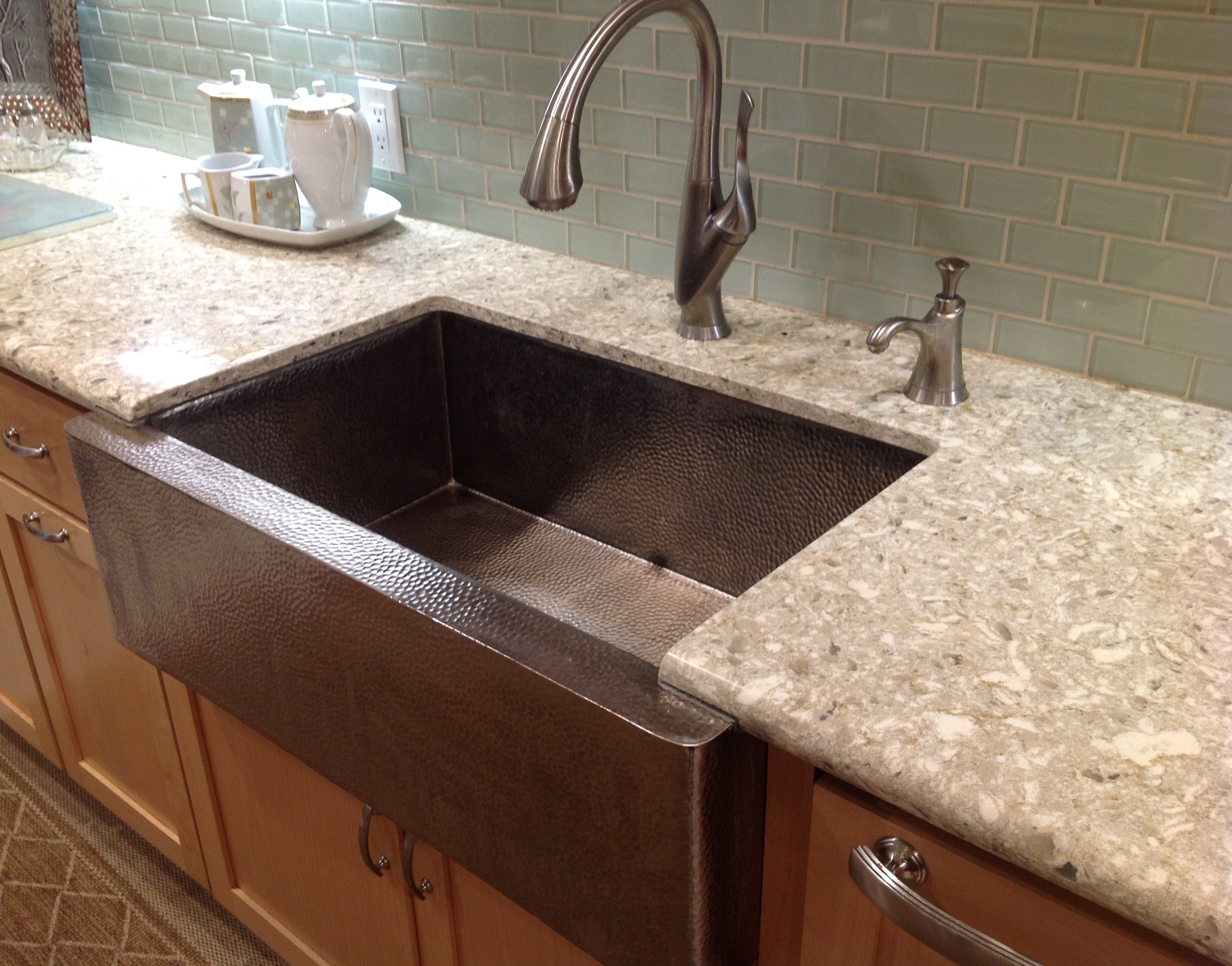 Now that we understand the cause of the smell, it's time to tackle the issue and make your kitchen smell fresh and clean again. The first step is to
thoroughly clean and disinfect the area under the sink.
Remove all items from the cabinet and wipe down the surfaces with a mixture of water and vinegar or a mild cleaning solution. Be sure to also clean the pipes and garbage disposal.
If the smell persists, you may need to
unclog or replace the pipes.
Use a plunger or a plumbing snake to clear any blockages and remove the buildup of food debris and grease.
To prevent future smells,
regularly clean and maintain the area under your kitchen sink.
Avoid throwing food scraps and grease down the sink and use a strainer to catch any debris. You can also pour a mixture of hot water and baking soda down the drain to keep it clean and free of odors.
In conclusion, the area under your kitchen sink can be a breeding ground for unpleasant smells if not properly maintained. By understanding the causes and taking necessary steps to clean and maintain the area, you can ensure a fresh and pleasant-smelling kitchen.
Now that we understand the cause of the smell, it's time to tackle the issue and make your kitchen smell fresh and clean again. The first step is to
thoroughly clean and disinfect the area under the sink.
Remove all items from the cabinet and wipe down the surfaces with a mixture of water and vinegar or a mild cleaning solution. Be sure to also clean the pipes and garbage disposal.
If the smell persists, you may need to
unclog or replace the pipes.
Use a plunger or a plumbing snake to clear any blockages and remove the buildup of food debris and grease.
To prevent future smells,
regularly clean and maintain the area under your kitchen sink.
Avoid throwing food scraps and grease down the sink and use a strainer to catch any debris. You can also pour a mixture of hot water and baking soda down the drain to keep it clean and free of odors.
In conclusion, the area under your kitchen sink can be a breeding ground for unpleasant smells if not properly maintained. By understanding the causes and taking necessary steps to clean and maintain the area, you can ensure a fresh and pleasant-smelling kitchen.





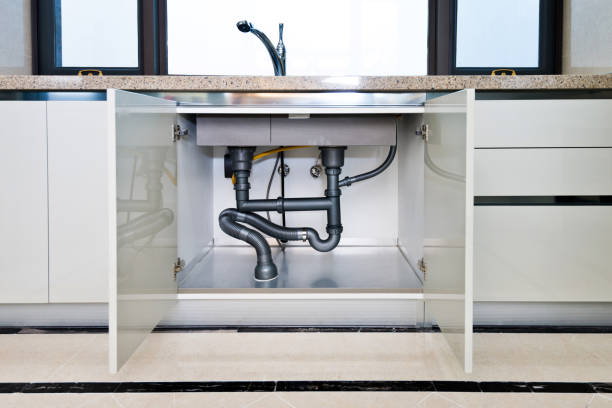
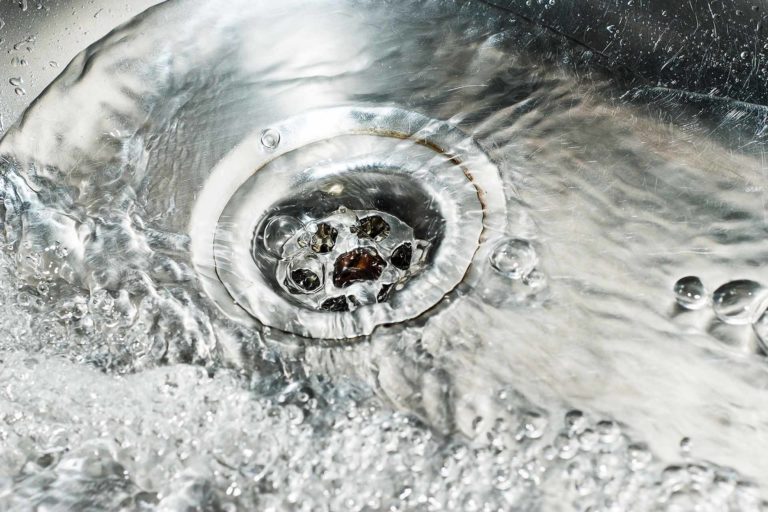
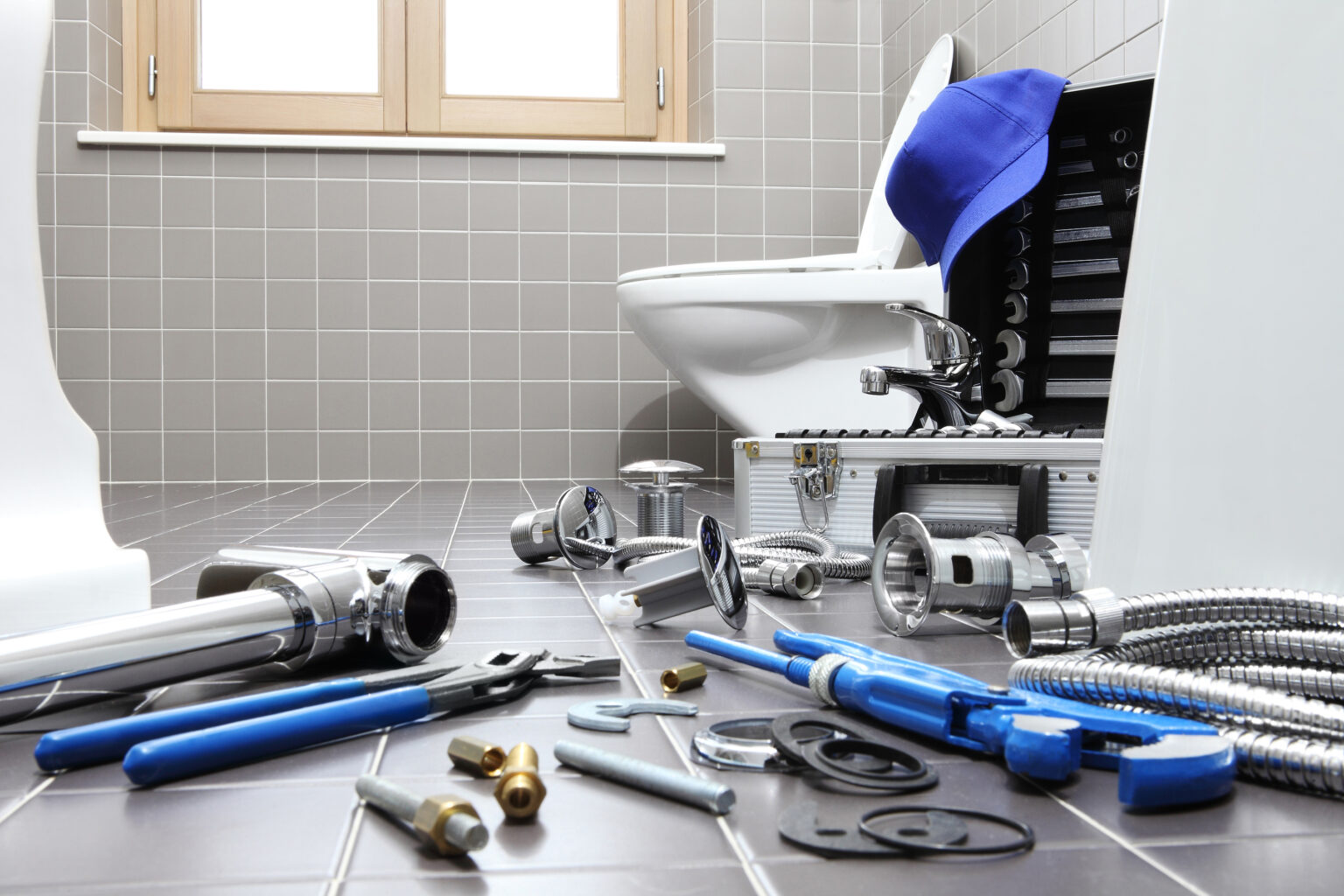
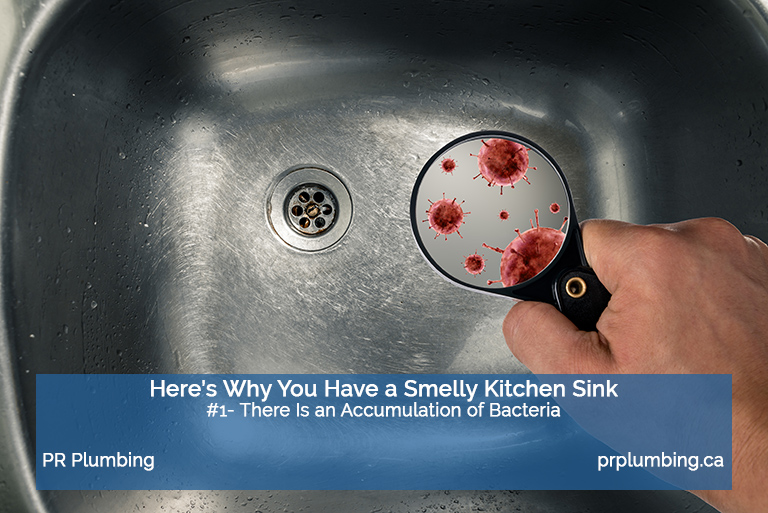


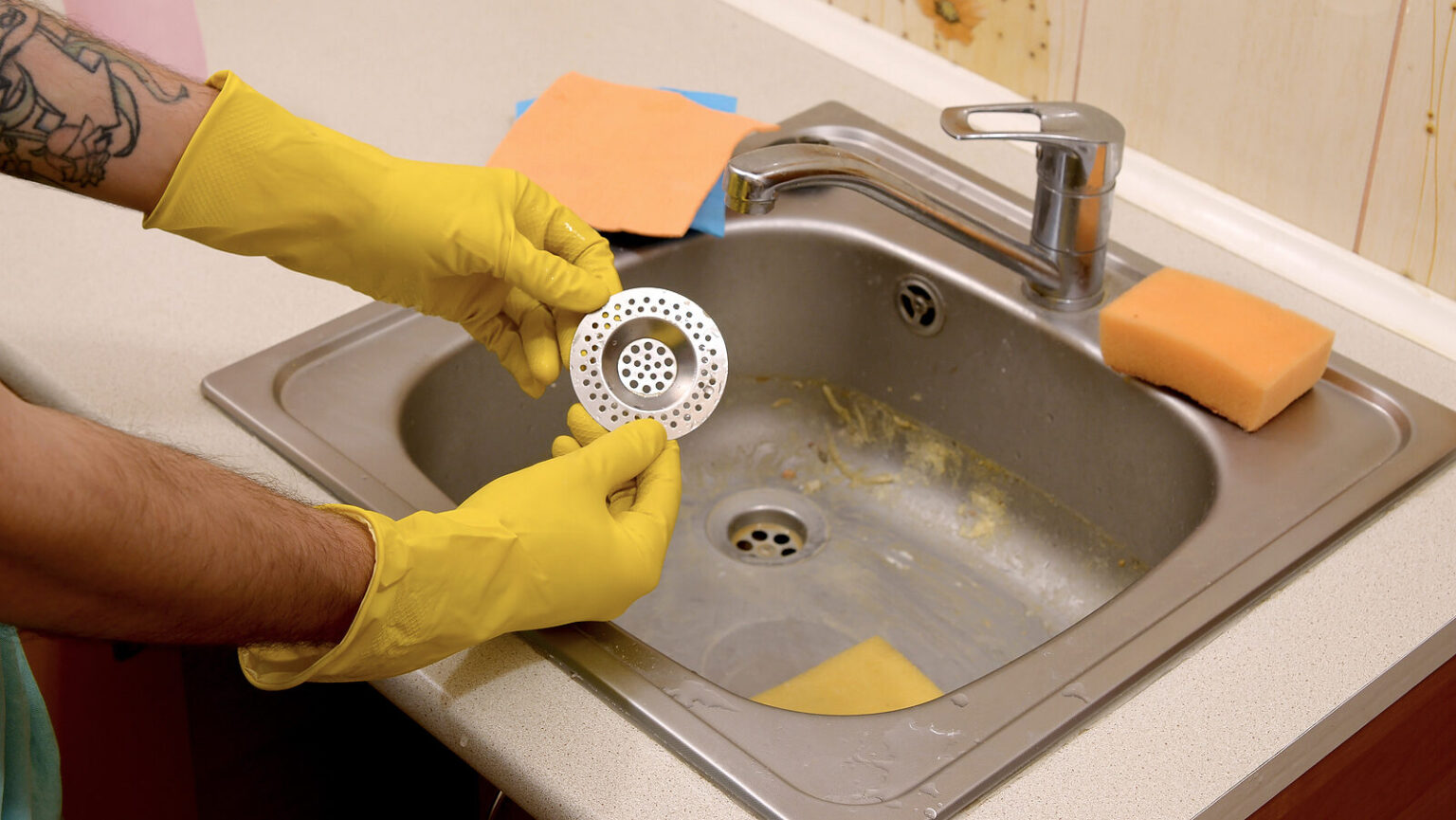






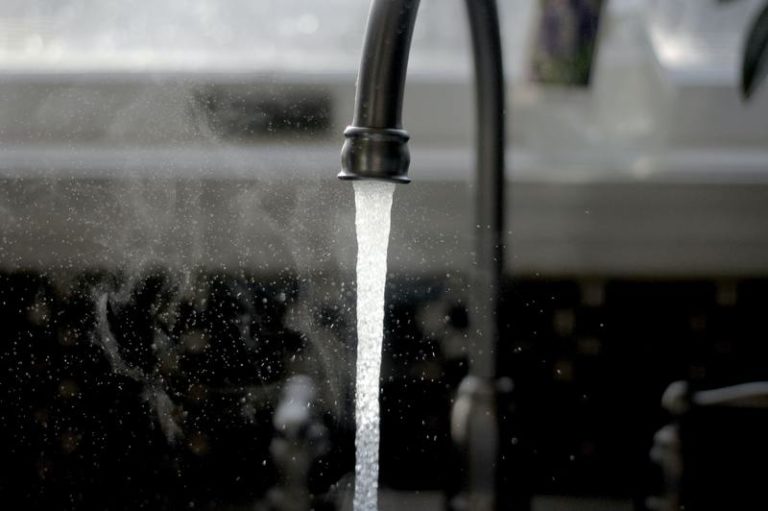
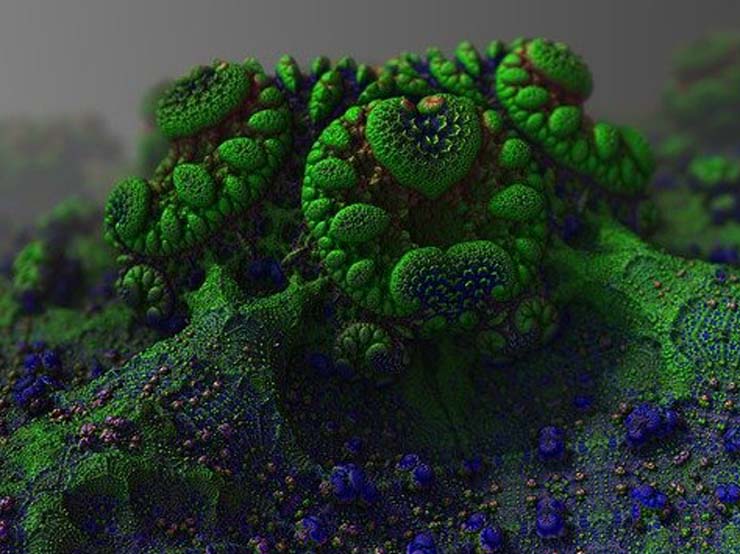


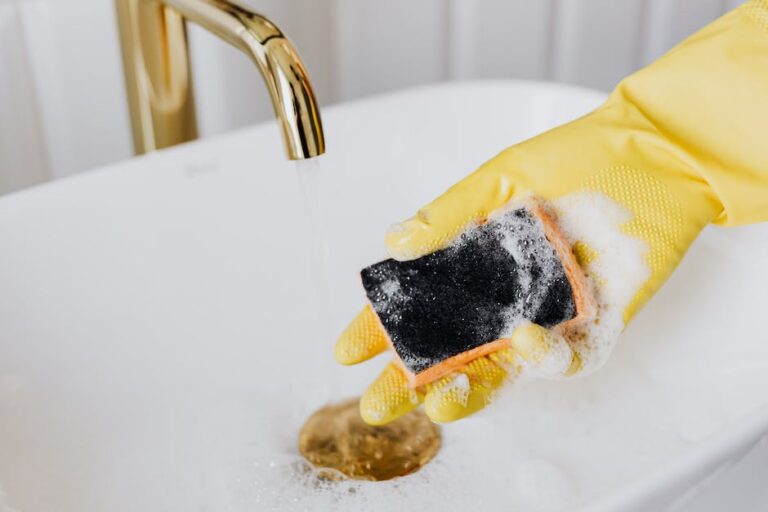

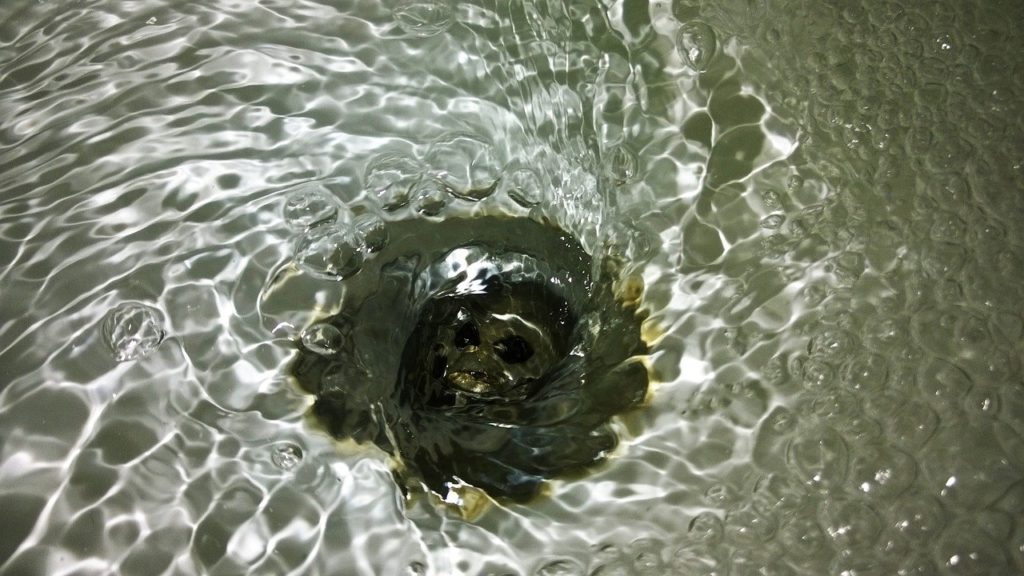

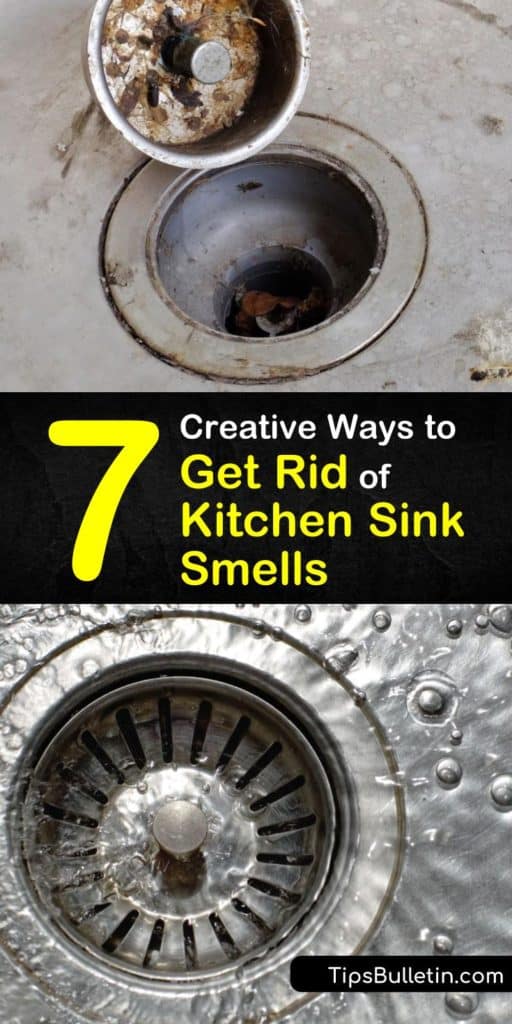


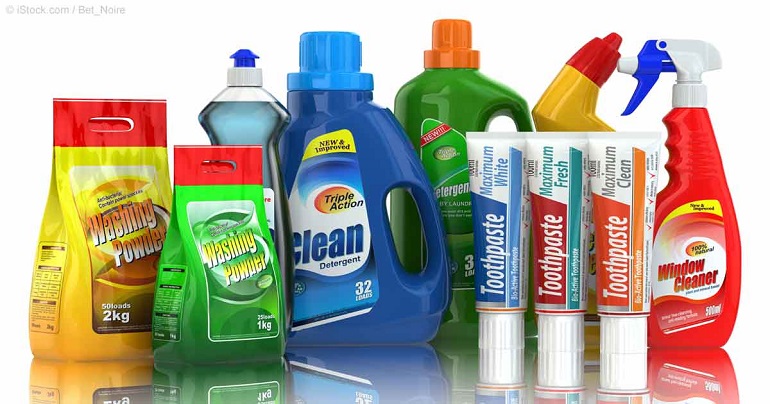
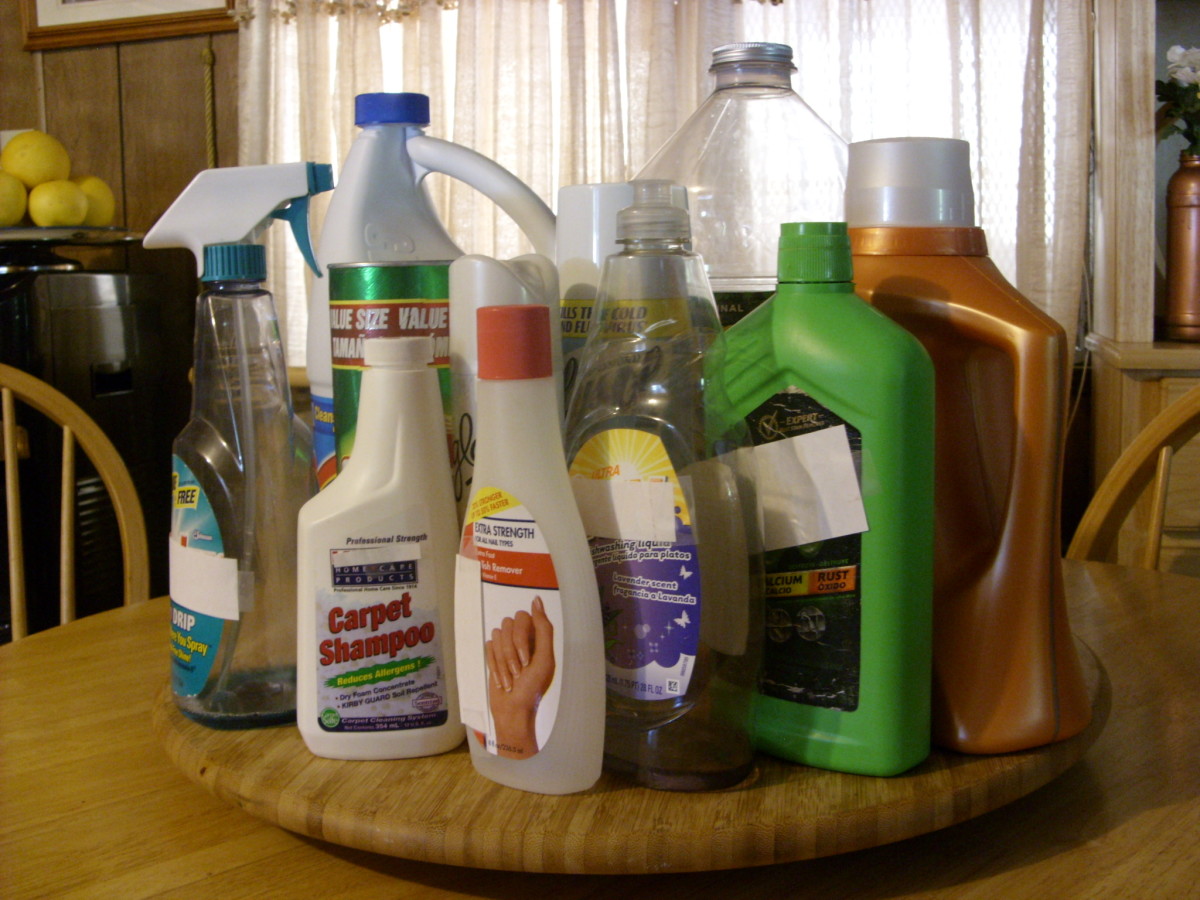




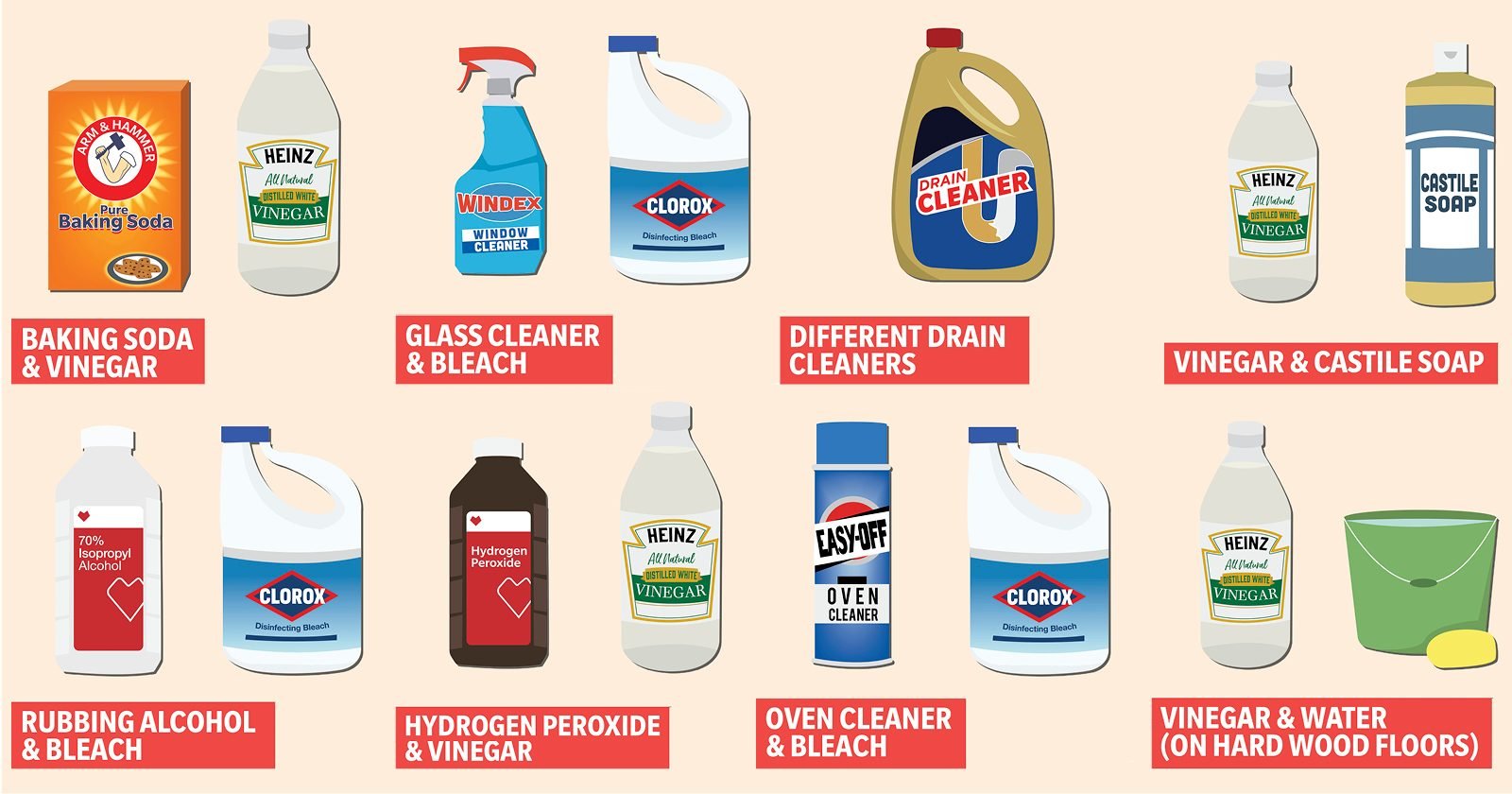











:max_bytes(150000):strip_icc()/how-to-clean-a-kitchen-sink-and-drain-01-5660035-a1d8afe3894346f9a579e66c55e64b7d.jpg)
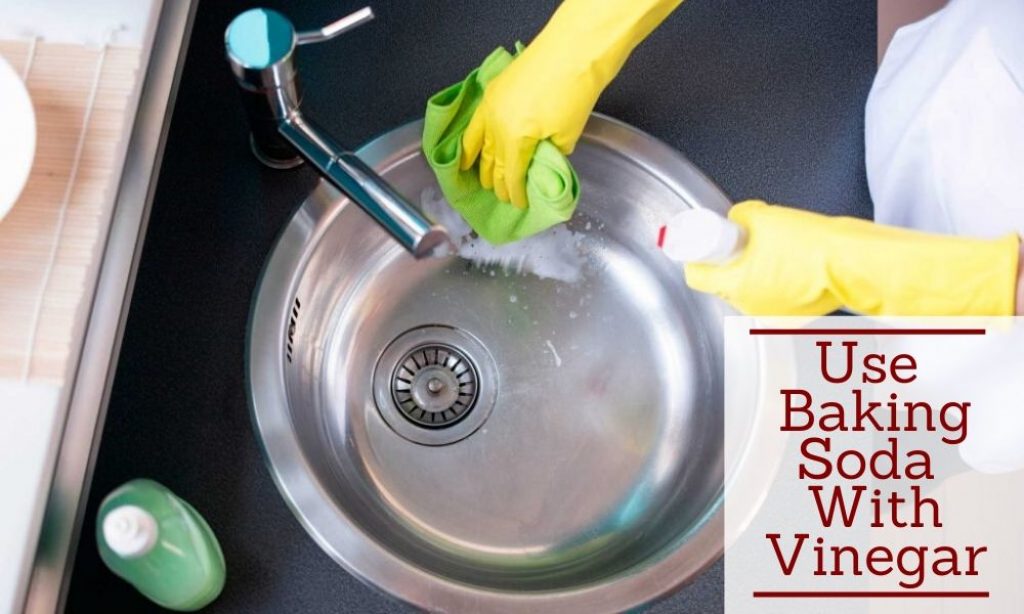


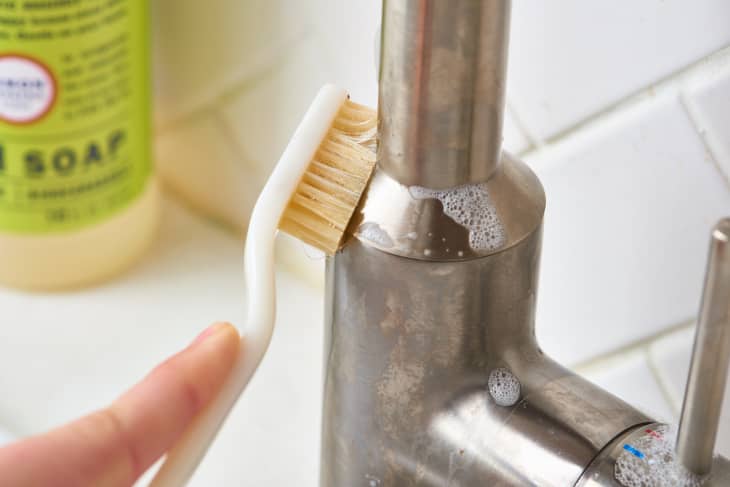
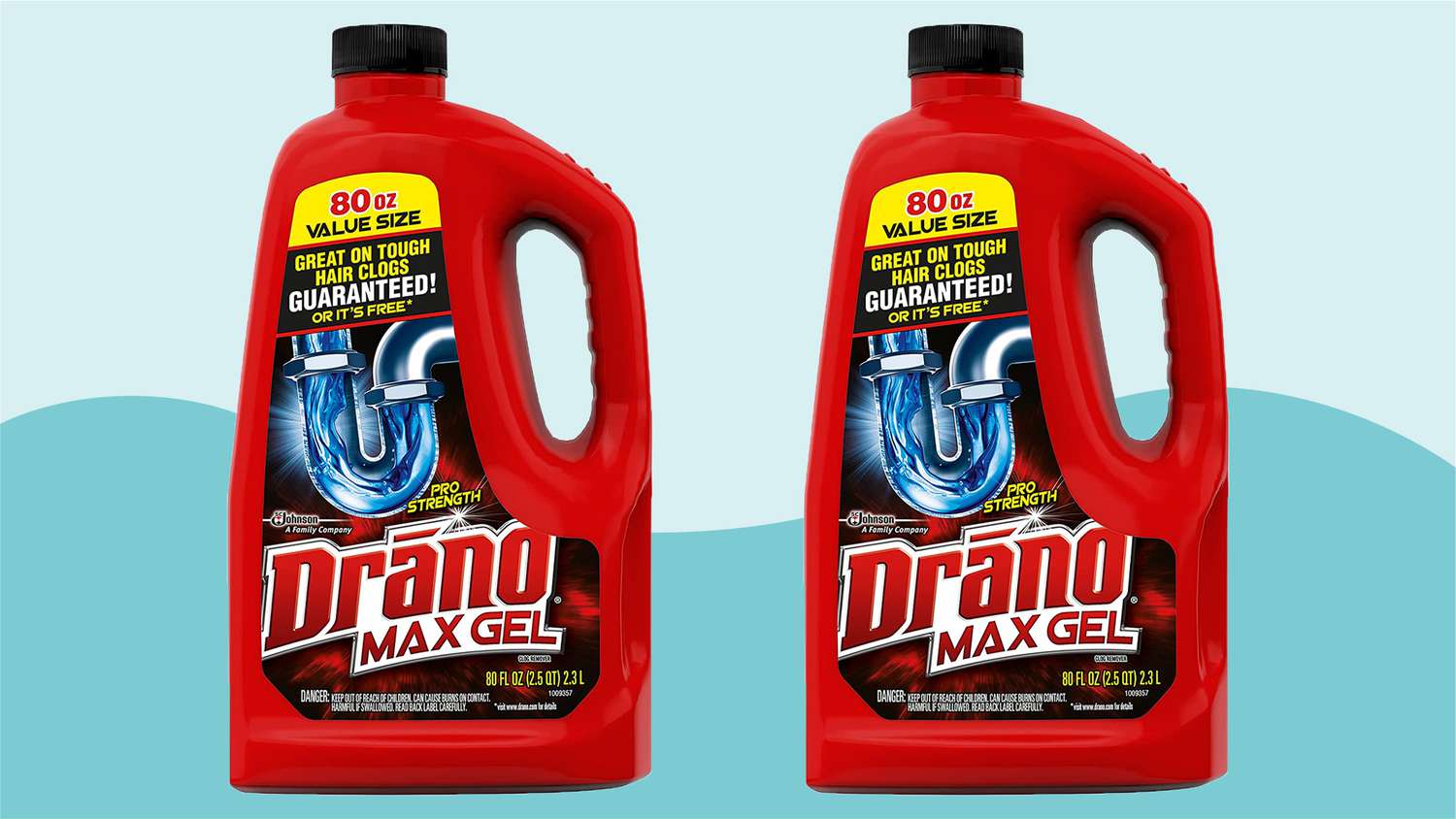




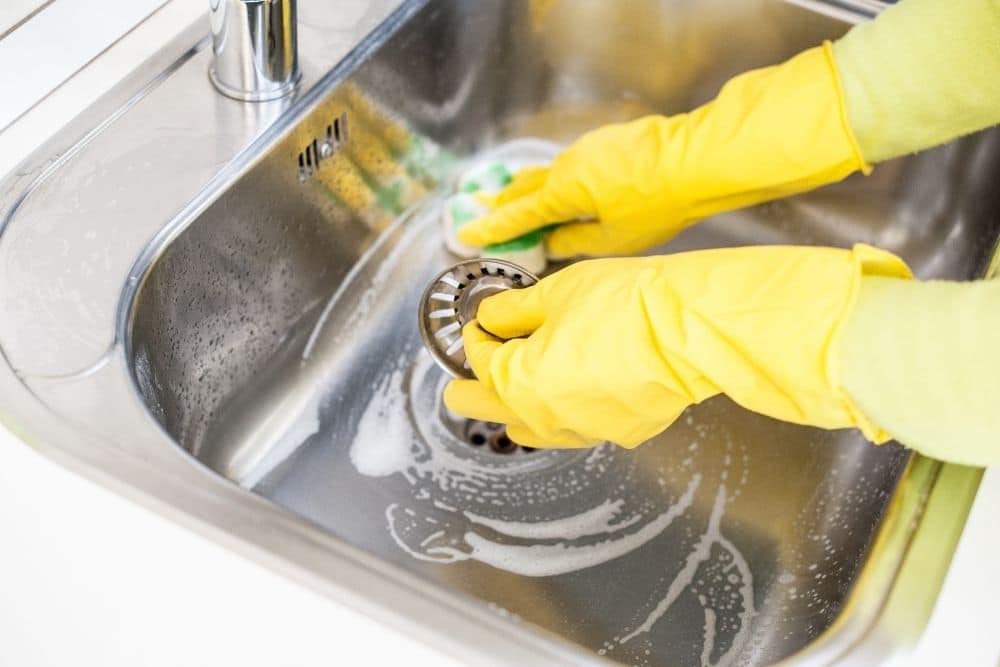

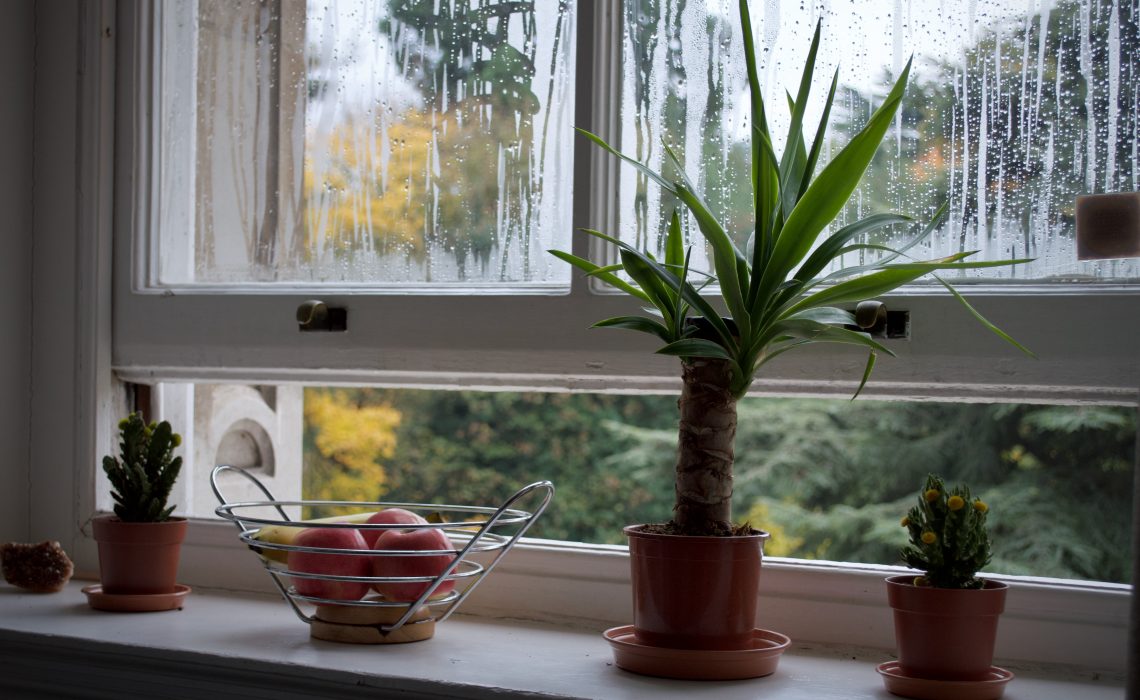







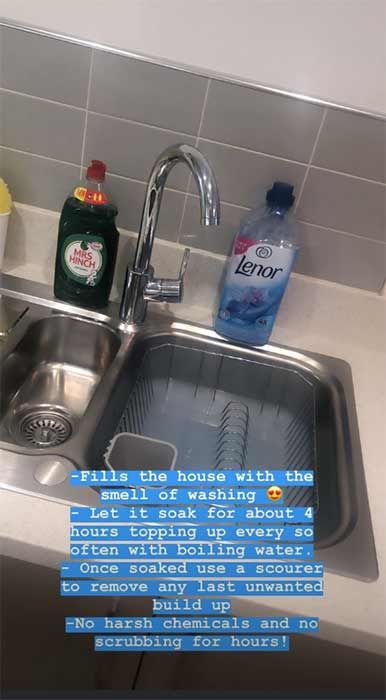


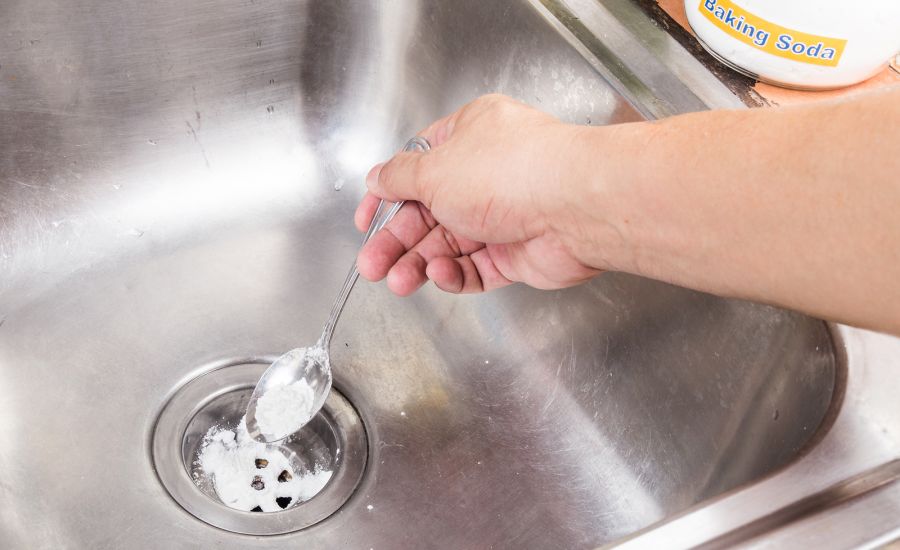
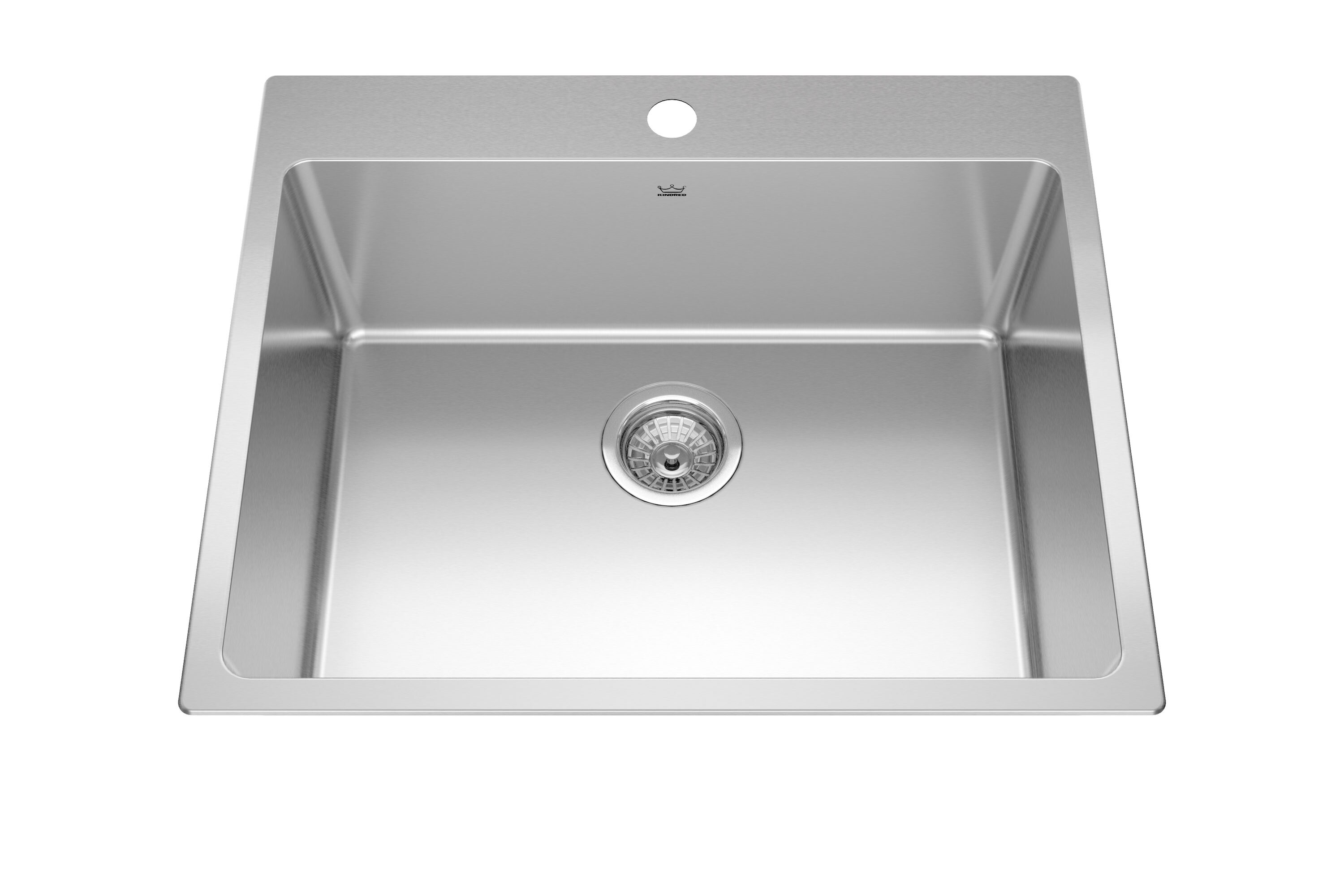









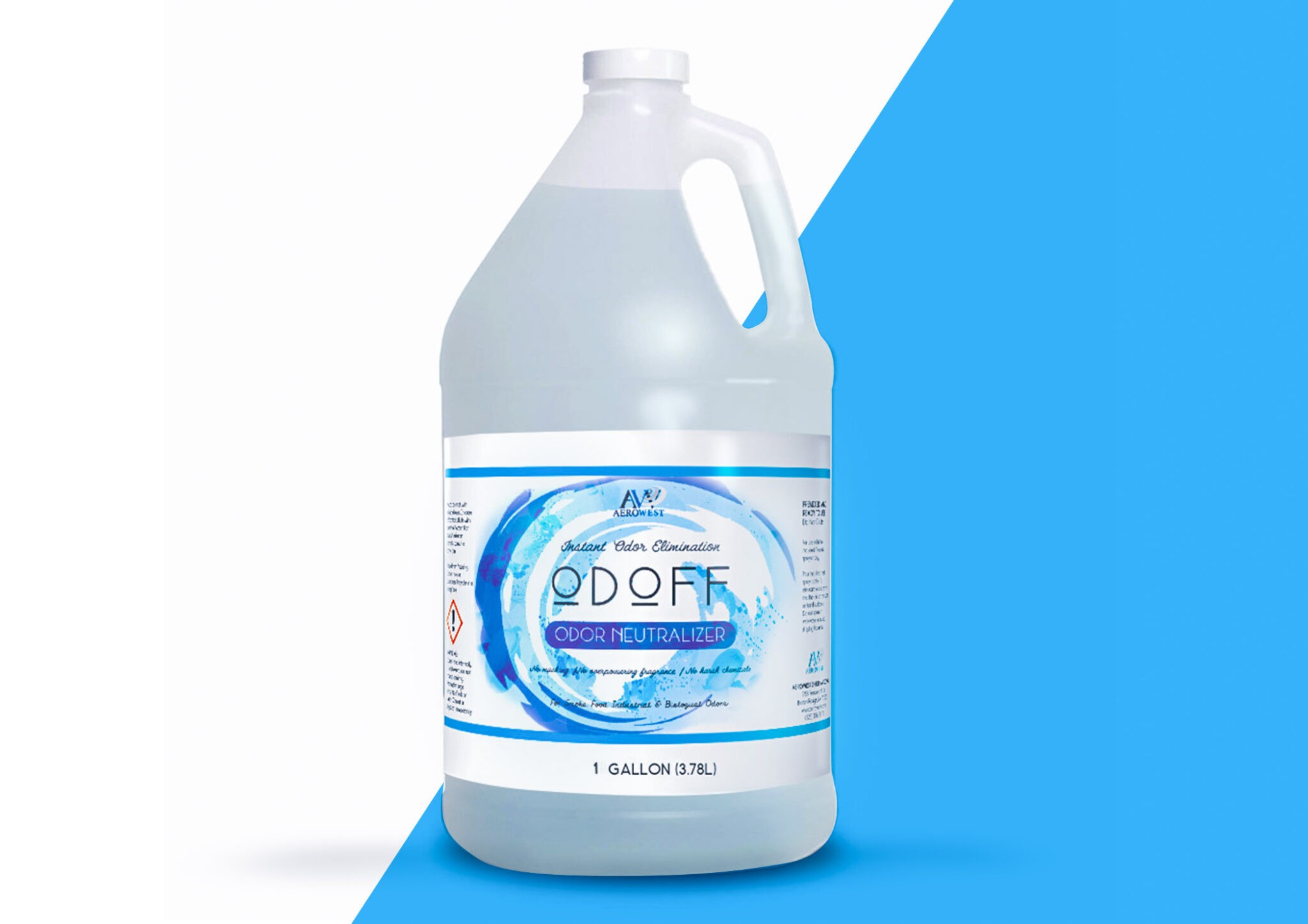



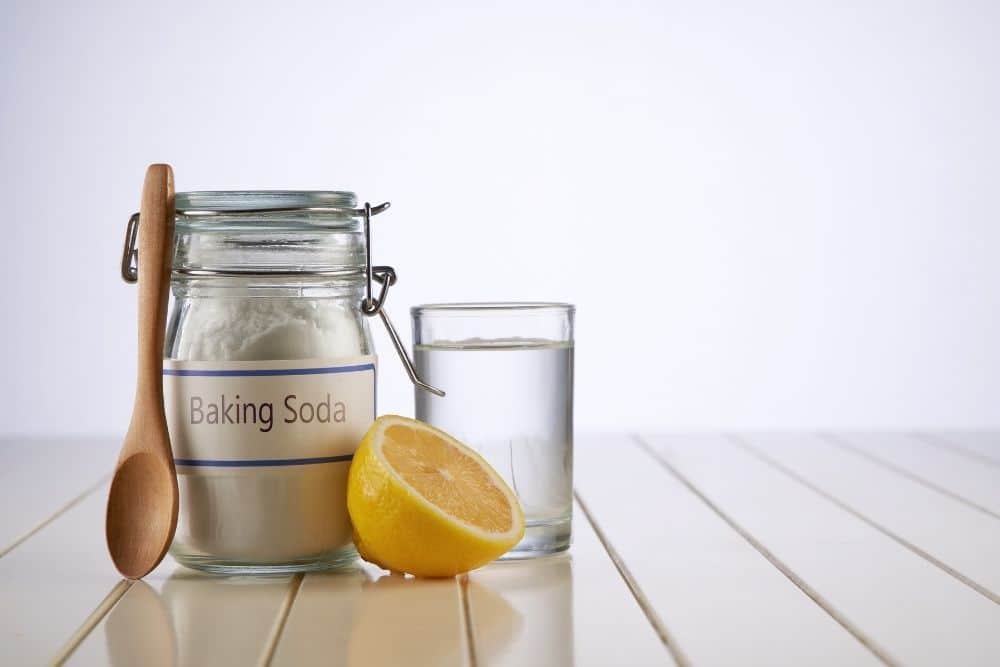


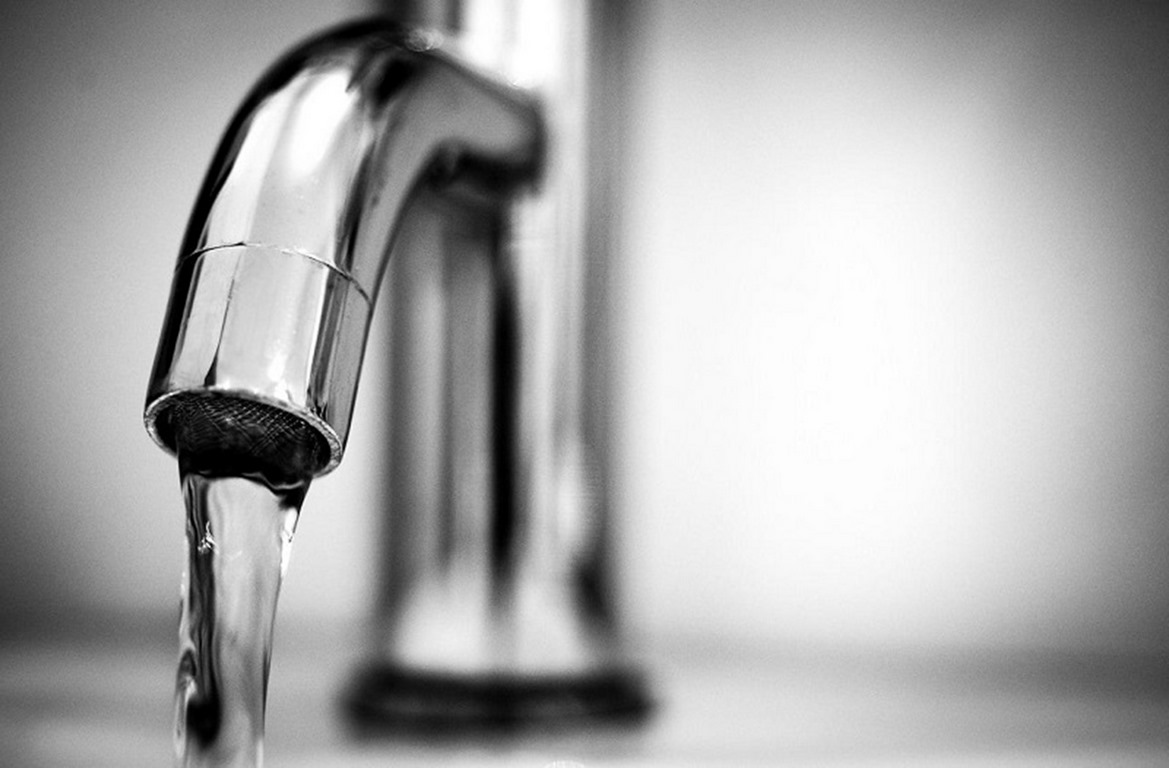
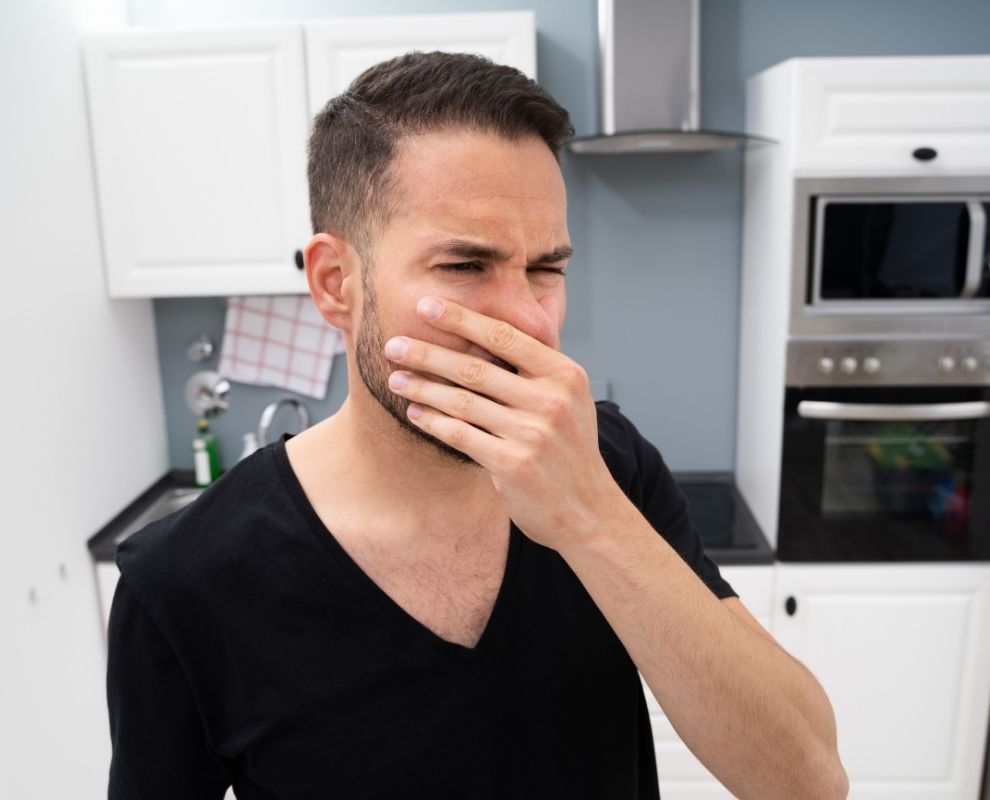
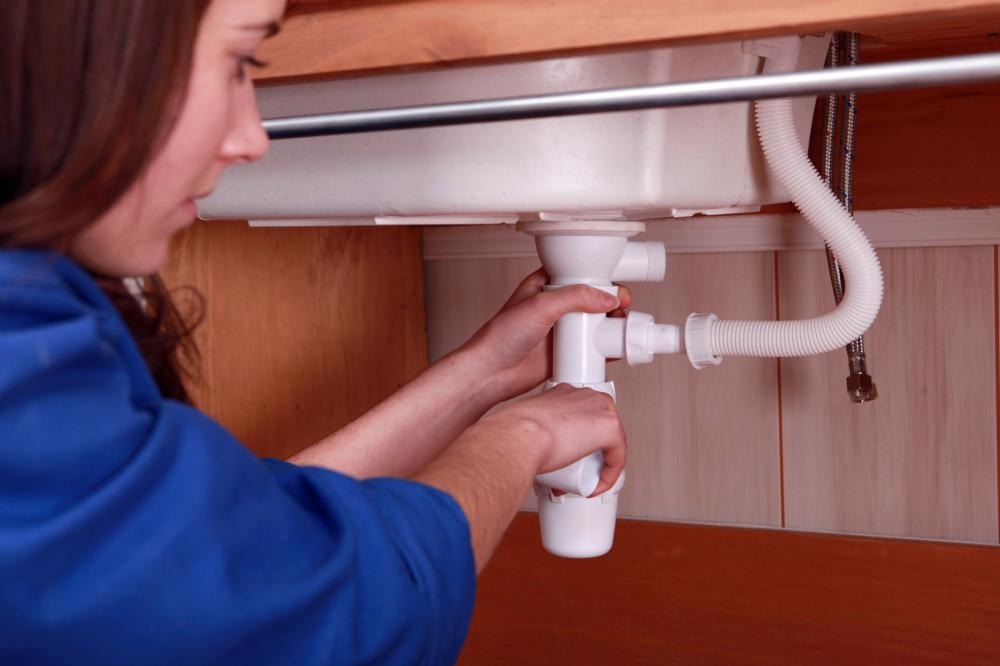




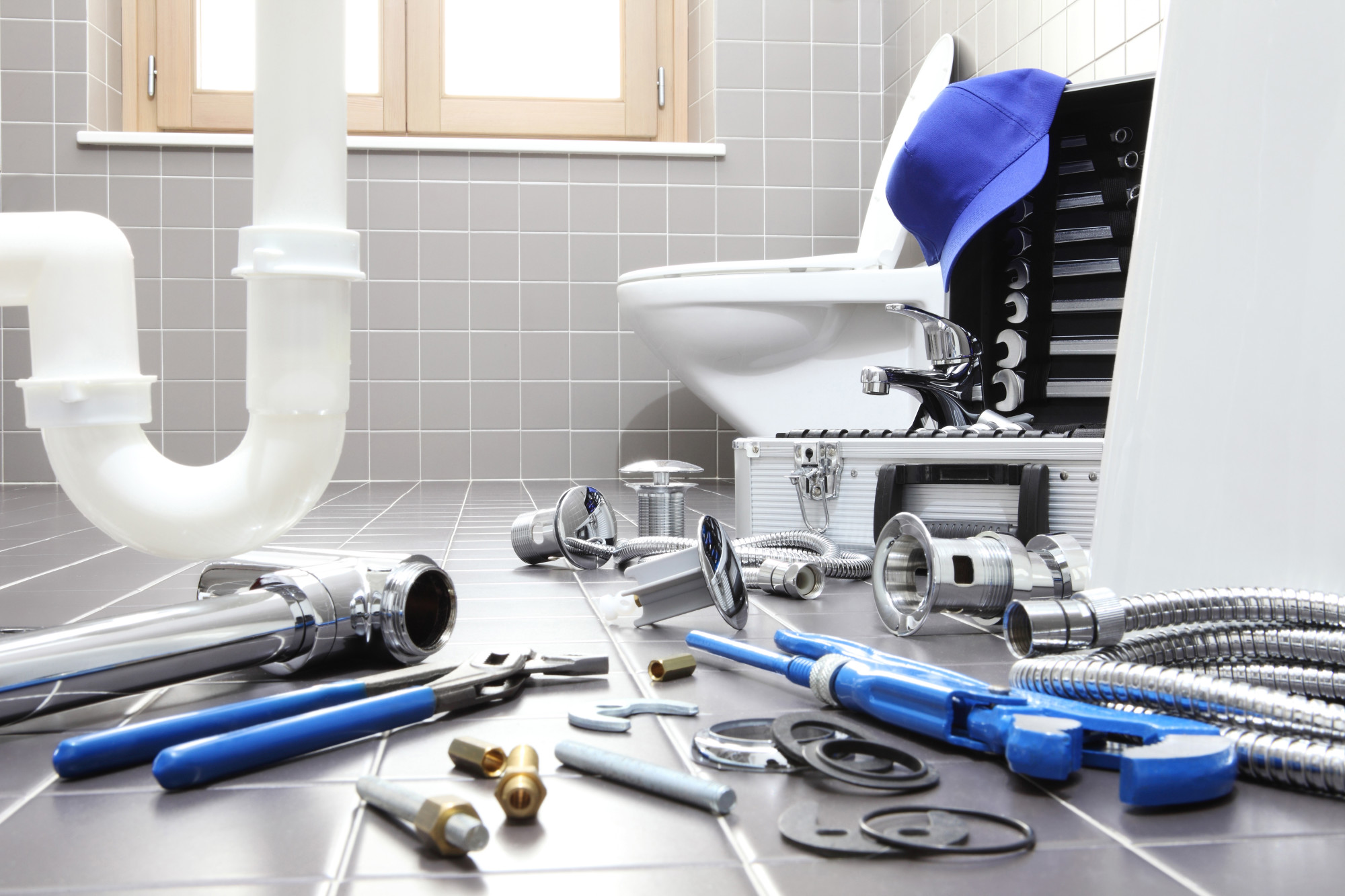






:max_bytes(150000):strip_icc()/Basic-kitchen-sink-types-1821207_color_rev-0b539306b9ef4236a136624ad2a89a4c.jpg)









